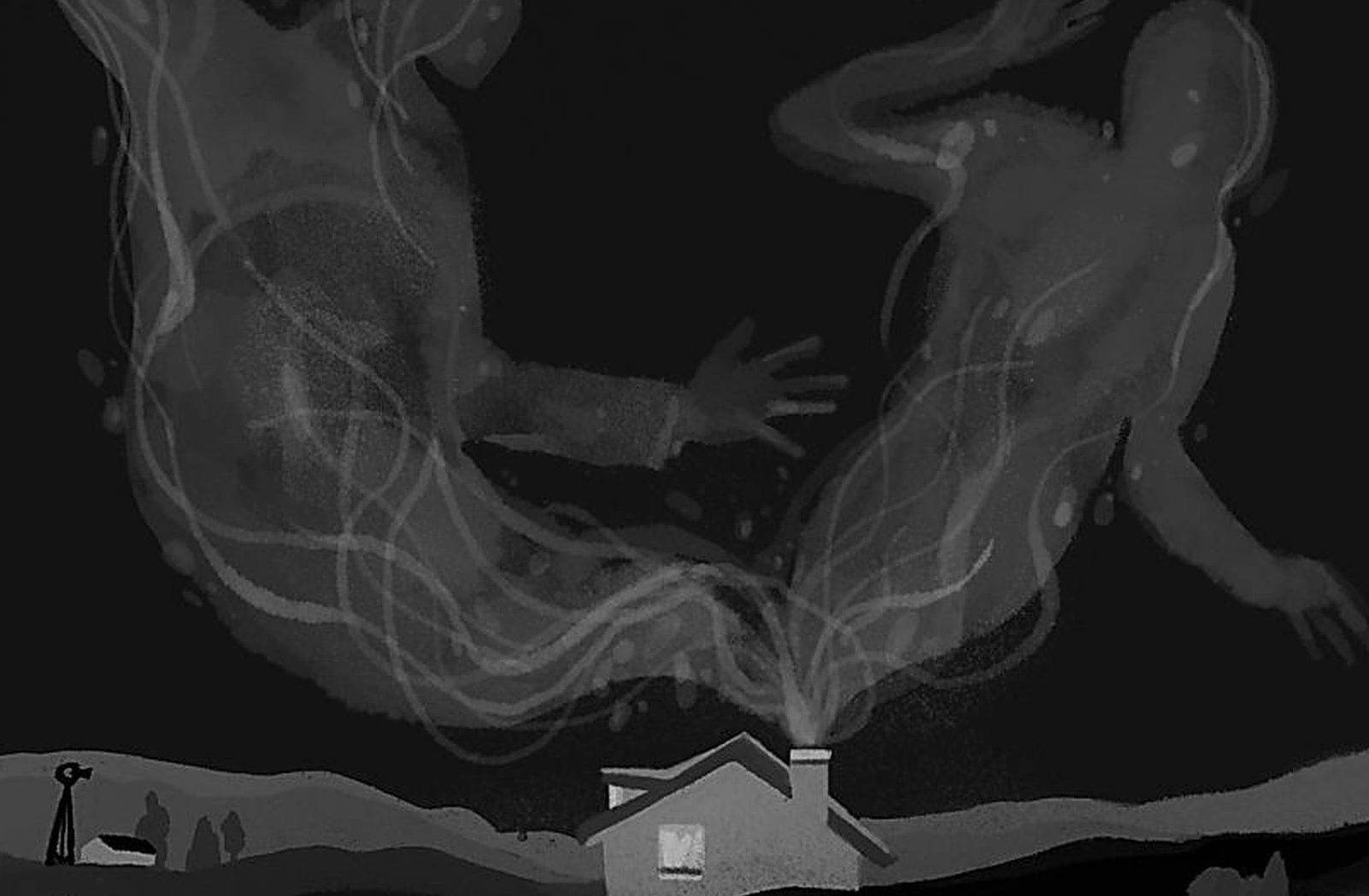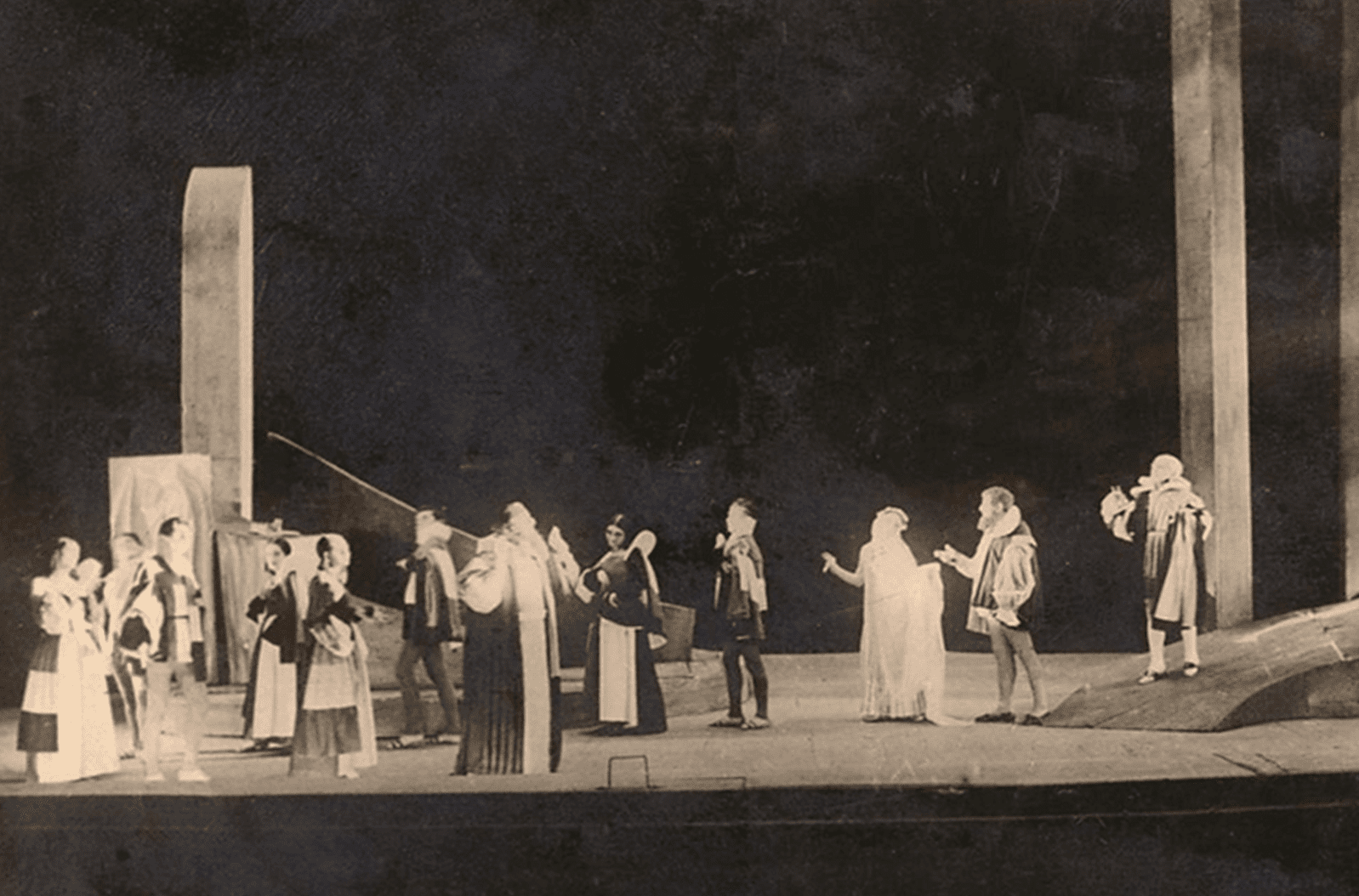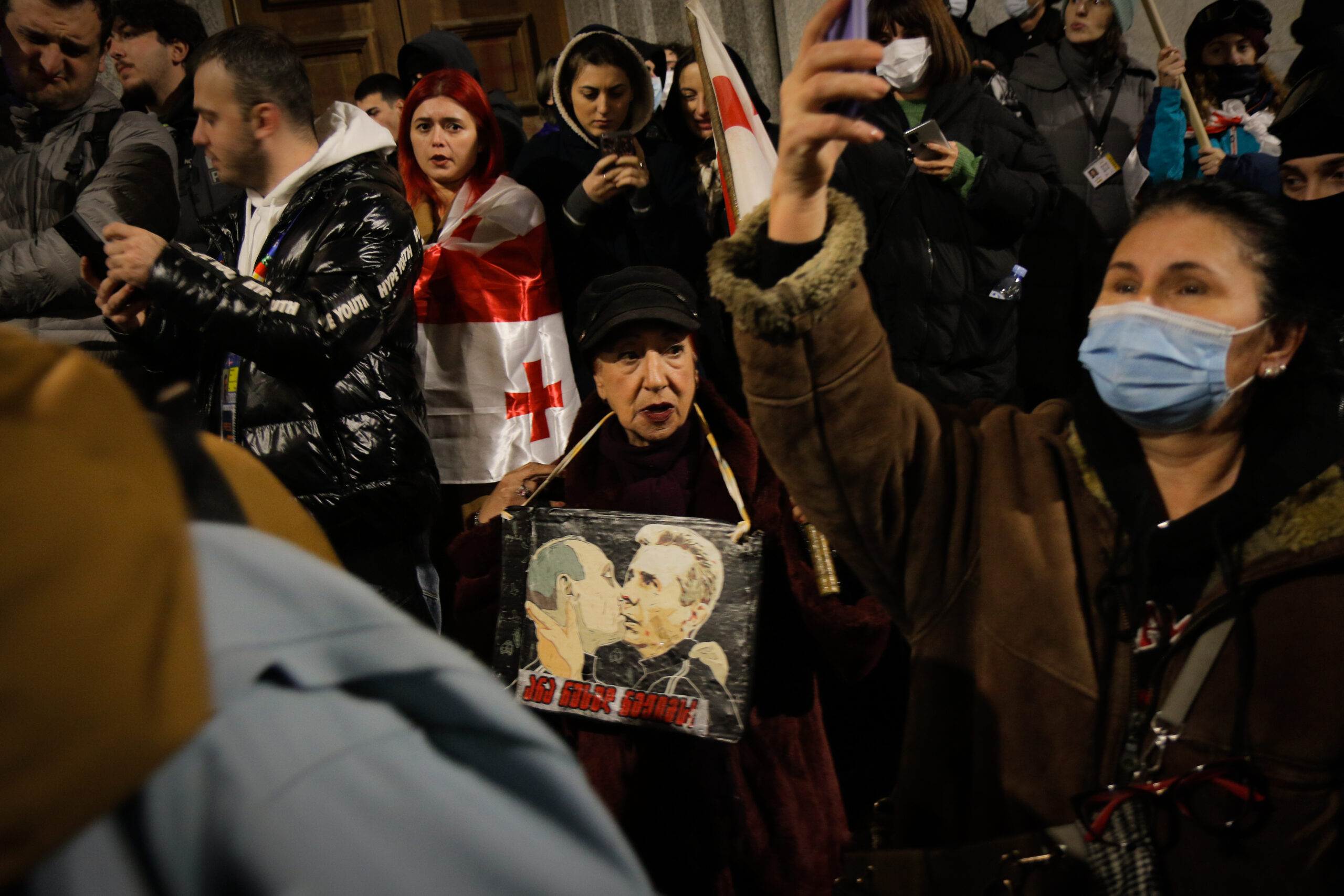
The Intimate Terrorism
In violence, we forget who we are.
Ask yourself: what is home?
It is, in many ways, the basic unit of society—a place of shelter, family bonds, safety, and comfort. A place to live with loved ones and pets. A place to celebrate, rest, and build memories.
Yet for millions of women, children, and men around the world, home is not a safe place. The only memories formed there are painful ones. Domestic violence is so devastating precisely because it attacks people at the core of their lives—their homes.
During lockdowns, dysfunctional families with violent tendencies turn into battlegrounds of constant abuse.
Lockdown: A Favorable Environment for Domestic Abuse
While many people struggled to buy toilet paper, others struggled to escape violence.
For some, going to work was their only relief from emotional abuse. Now they are forced to work from home. For others, school was the only place where their children were safe.
During the COVID-19 pandemic, many countries reported a sharp rise in domestic and intimate partner violence. The UK reported a 25% increase, France 32%, and the USA 27%.
Meanwhile, Georgia’s government stated that there was “no evidence” of increased domestic violence. Hotlines continued to operate, and psychological and legal consultations were offered free of charge.
But this logic is deeply flawed. Stable numbers do not mean violence has not increased. They often mean victims are under tighter control and unable to report abuse. Many cannot call for help because they fear escalation, surveillance, or confinement. Isolation and cutting off contact with the outside world are classic tools of abuse.
Lockdown only strengthens these dynamics.
The Psychology of Entrapment
The most powerful restraining force is often psychological. Battered person syndrome can develop when abuse is prolonged and inescapable. Victims may internalize helplessness, believe they deserve abuse, or feel incapable of leaving.
Those who once found relief when a partner went to work or children went to school lost that brief window of safety. Constant fear keeps the nervous system locked in fight, flight, or freeze mode, causing long-term mental damage.
In Georgia, at least one in seven women has experienced domestic violence.
31% physical violence
13% sexual violence
73% psychological abuse
14% economic oppression
The average hourly wage for women is around 5 GEL. How is a woman expected to survive, support a family, and escape abuse under these conditions?
Violence Escalates in Isolation
Self-isolation increases stress, frustration, and tension, amplifying violent behavior. Abuse is not limited to physical harm. It includes isolation from friends and work, constant surveillance, strict behavioral control, and restriction of basic needs.
For victims, lockdown is a perfect trap. There is nowhere to go and no safe way to call for help. This affects not only women, but also children, men, the elderly, and LGBTQ individuals. Survival often means silence, patience, and avoiding provocation.
While official data downplays the problem, NGOs report otherwise. The organization Sapari received around 60 calls in just three weeks—an alarming number for a small team.
One caller was a transgender woman forced to live with family members who reject her identity and subject her to daily violence. Another report involved a woman seeking help for her mother, abused by her own son.
Isolation has shattered support networks, making escape harder than ever.
As lockdowns drag on, danger intensifies. Research shows abusers are more likely to kill during personal crises such as job loss or financial collapse. With COVID-19 devastating economies, these risks increase.
It’s About Power and Control
When people feel powerless, they often seek control elsewhere. In abusive households, this manifests as domination—psychological, emotional, physical, and sexual.
Domestic violence is not about anger. It is about control.
The Culture of Violence
Historically, domestic violence was not considered a crime. Until the mid-19th century, English Common Law allowed men to punish wives and children. Cultural norms change, but remnants persist.
We are shaped by values absorbed from birth—language, traditions, beliefs. These can either challenge violence or protect it.
The idea that family matters are “private” discourages intervention. Neighbors stay silent. Institutions hesitate. Media romanticizes abuse as “lover’s quarrels” or “crimes of passion.” This normalization is dangerous.
Violence is not romantic. It is degradation.
Children: The Overlooked Victims
Violence rarely exists in isolation. In homes with partner violence, there is a 45–60% chance of child abuse—15 times higher than average. Children witness up to 80% of domestic assaults.
These children are not passive observers. They are victims. Early exposure normalizes violence and teaches imitation. It shapes how future adults love, fear, and control.
Genetics Matter Too
Environment matters—but it is not the whole story. Genetics also play a role.
Most violent crime is committed by a small group of repeat offenders. Certain genetic traits are associated with aggression, especially when combined with stress, substance abuse, or trauma. Up to 50% of aggressive behavior variance may be genetically influenced.
This does not excuse violence. But it explains why prevention and accountability must be systemic. Society may not create every abuser, but it often fails to stop them.
Religion and Patriarchy
Organized religion has long endorsed patriarchal dominance. Across traditions, male superiority has been framed as divine order. Women are portrayed as secondary, dangerous, or morally weaker.
These ideas legitimize inequality and silence victims. Patriarchy is not tradition—it is a supremacist ideology. Gender inequality is violence.
In Georgia, meaningful change will require confronting these beliefs within religious institutions themselves.
LGBT People Are at Higher Risk
One in four lesbian and bisexual women experiences domestic abuse. Nearly half of gay and bisexual people report abuse by partners or family members.
In Georgia, religious conservatism fuels homophobia and violence against LGBTQ individuals. This is not morality—it is cruelty dressed as faith. It should not be tolerated.
Breaking the Cycle
Victims are often dismissed as “playing the victim.” Silence becomes safer than ridicule or retaliation. Yet some still speak up—not for attention, but for survival.
Abusers are not always obvious monsters. Many appear charming and respectable in public, violent in private. That is why education matters.
As for excuses—I am not interested.
I want consequences.
I want abusers imprisoned.
Corrupt judges removed.
Complicit priests held accountable.
Populist politicians voted out.
I want a society that treats violence as a crime—not entertainment.
Misho Zguladze
"Think of how stupid the average person is and realize half of them are stupider than that."
You May Also Like

Losing Our Past
February 20, 2020
History of Georgian Theater
July 21, 2020